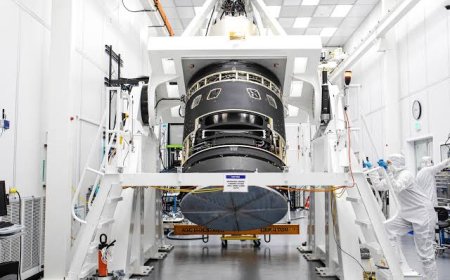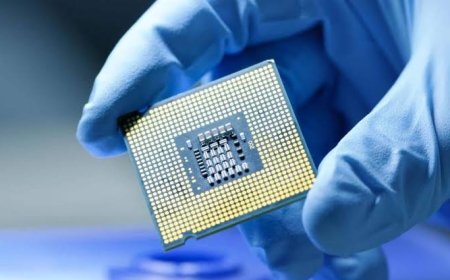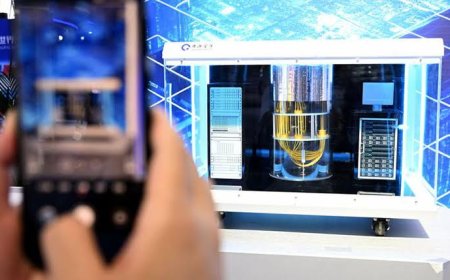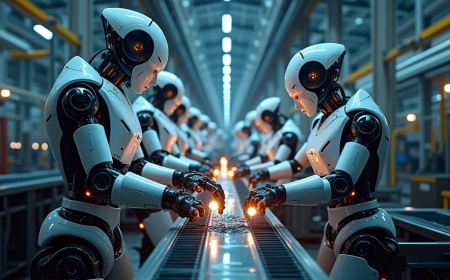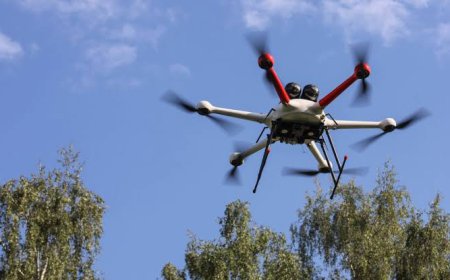Artificial Intelligence (AI) technology is going to play the role of a teacher in the classroom!
As a new surprise of the 21st century, David Game College in London, United Kingdom is going to start teaching classes experimentally using artificial intelligence (AI) technology instead of teachers in the classroom. It is still in the experimental stage. However, its use may spread throughout the world within the next decade.
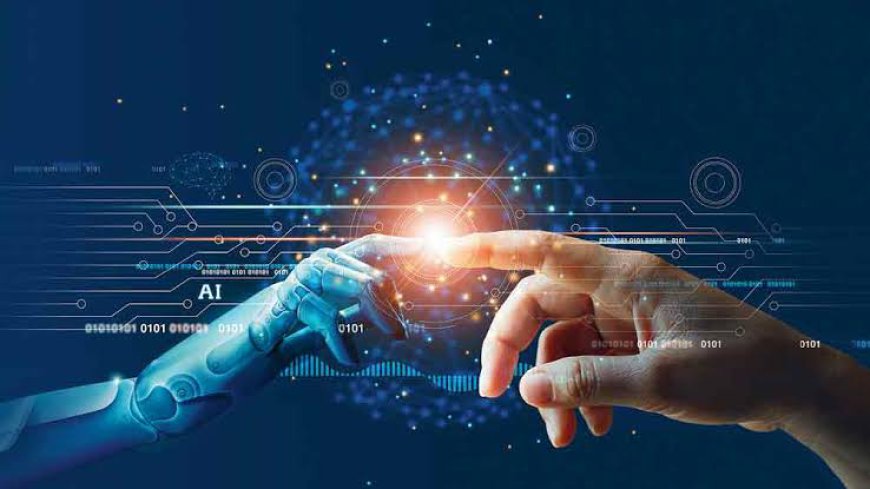
For the first time in a UK upper secondary or equivalent grade classroom, the institute will teach 20 students with advanced (AI) technology devices instead of direct teachers. However, only the future will tell how successful this experimental effort will be. If there is a big success in this regard, its acceptance will gradually but inevitably spread throughout the world.
Meanwhile, according to the prediction given by the think tank for researching the world's first global technological development, millions of workers around the world may lose their jobs due to the impact of artificial intelligence technology after 2023. Although this prediction may not be 100% accurate. Moreover, the new generation of computers, smartphones and other devices equipped with powerful AI technology have already started entering the international market.
But in any case, a new door will certainly open for highly skilled workers on science and technology. Especially in the next decade, the revolutionary use of new robotics and artificial intelligence technologies will increase at a massive rate in important fields such as aviation, automobiles manufacturing hubs, medical, banks and educational institutions. Which will be controlled by highly skilled personnel.
For example, China is making extensive use of its own robotics engineering and AI technology capabilities in the high-tech massive manufacturing sector. In particular, the electric vehicle (EV) car manufacturing plant of the famous BYD in China's Hefei province has installed nearly eight hundred of these robotic arms. There, robots take just 98 seconds to install four doors on a car. The work of these robots is so perfect that their margin of error is only 0.5 millimeters. Which may not be possible for a common worker to complete in a few hours.
On the other hand, in the future, thanks to high-tech robots and artificial intelligence (AI), productivity in the manufacturing sector will increase by three to four times, but employment may decrease at an alarming rate by 50% to 60%. And this is but a new concept of the fourth industrial revolution. With which we have not yet been able to engage in that way. Which could seriously hamper our smooth participation in future high-tech global industrialization and technological development.
So now we must take the new generation forward by formulating science and technology based education system as planned and implementing it quickly in keeping with the developed world. It is now the first priority to ensure that our dear students studying in educational institutions from primary level to higher level in the country develop scientific mindset and positive attitude towards acquisition and use of technical knowledge.
